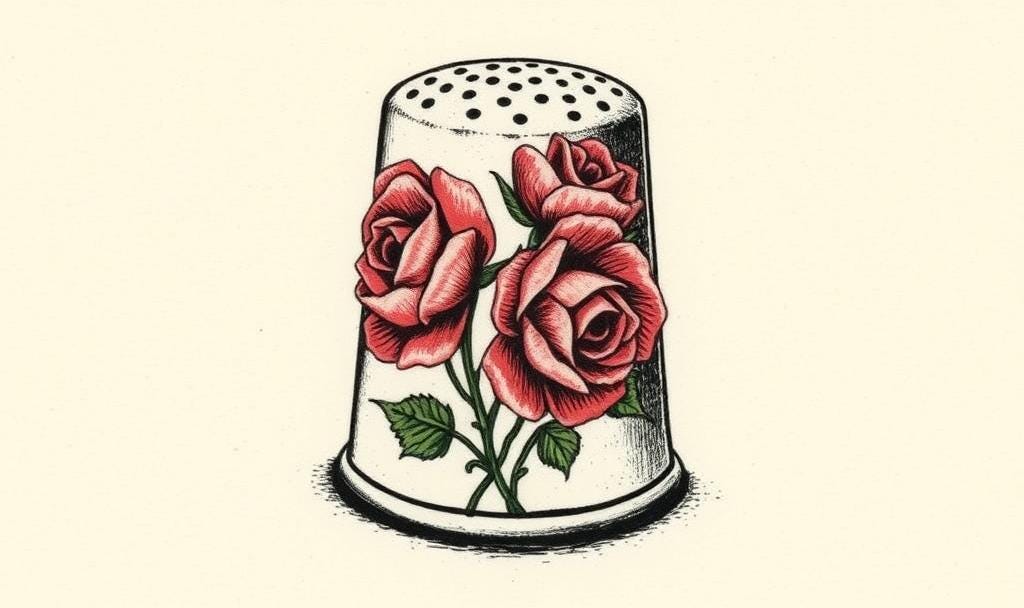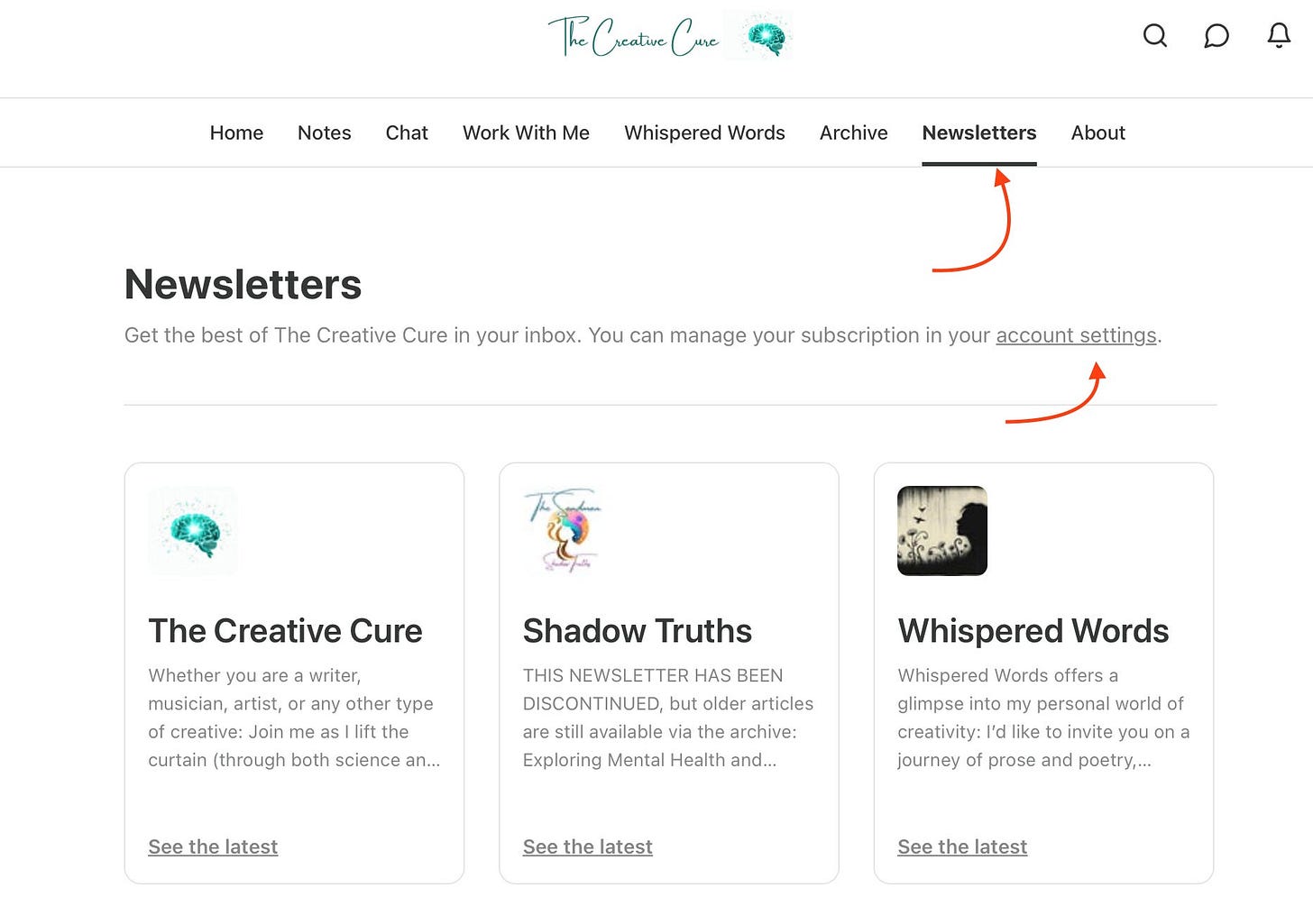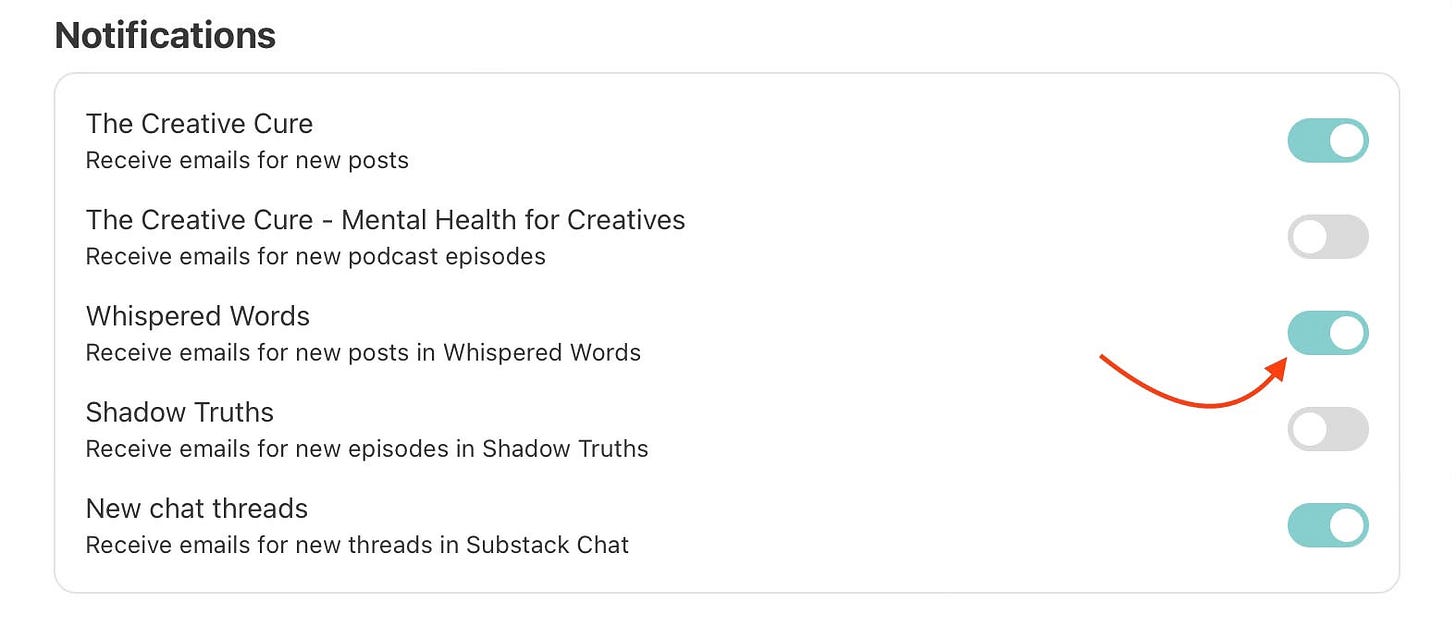Sarah had always been good at losing things: Keys, socks, sometimes the thread of conversations. Stuff slipped through her fingers like water through a sieve. So when she lost her way walking home from the library on a Tuesday evening in October, she wasn’t particularly surprised.
What did surprise her was finding herself standing before a narrow building wedged between a dry cleaner’s and a shop that sold nothing but doorknobs. The building hadn’t been there that morning when she’d walked this same street. She was quite certain of that.
The sign above the door read:
The Museum of Lost Things. Admission Free. Open When Needed
Sarah pushed open the heavy oak door. Strangely, it made no sound at all.
Inside, the museum stretched impossibly far back. Walls upon walls lined with glass cases and wooden shelves that reached up into the shadows. The air smelled of dust and old paper. A woman with white hair and kind eyes sat behind a mahogany desk, writing (no: scratching) in a ledger with a fountain pen.
“Welcome,” she said, looking up. “What have you lost?”
“I’m not sure I’ve lost anything,” Sarah replied, though even as she spoke, she felt the familiar hollow ache that meant something was missing.
The woman smiled and gestured toward the exhibits. “Everyone who finds us has lost something. Sometimes they just don’t remember what it was.”
Sarah walked deeper into the museum. In the first case, she saw a collection of childhood summers: All those lazy afternoons, complete with the taste of ice cream and the sound of sprinklers on grass. In another, there were letters never sent, envelopes yellowed and foxed with age.
She passed shelves holding jar after jar of first impressions: The way someone’s face had looked in candlelight, the particular shade of blue in a stranger’s eyes on a train. There were boxes of forgotten names of pets, and books that people had meant to read, pages still white and waiting.
In the corner, Sarah found what she was looking for without knowing she’d been looking for it: a small display case containing a single item. It was her grandmother’s thimble, the one with the tiny roses painted around the rim. She’d lost it years ago when she was nine, the day after her grandmother’s funeral. She’d searched everywhere, crying until her mother had held her and promised they’d find it.
But they never had.
“That one’s been waiting for you for quite some time,” the woman said, appearing beside her. “Twenty-three years, to be precise.”
“How did it get here?”
“Lost things find their way to us eventually. We keep them safe until their people are ready.”
Sarah watched as the case opened by itself, and the thimble rolled into her palm. It was exactly as she remembered, warm to the touch and smelling faintly of her grandmother’s house.
“What happens now?” Sarah asked.
“Now you can keep it, or you can choose to let it go properly. Some things are meant to be lost, you know. Some things we lose so we can learn how to find other things.”
Sarah closed her fingers around the thimble and felt something shift inside of her. It wasn’t the familiar hollow ache. It was fuller and warmer. She thought of her grandmother’s hands, steady and sure as they’d guided her own small fingers through her first stitches.
“I think,” Sarah said slowly, “I’d like to let it go properly.”
She placed the thimble back in the case, and as she did, she felt her grandmother’s presence like a brief, gentle touch on her shoulder. The thimble faded until it was just a shimmer in the glass, and then it was gone.
The woman just nodded. “Some people spend their whole lives looking for what they’ve lost. Others learn to appreciate what they’ve found instead.”
When Sarah stepped back onto the street, the museum was gone. The dry cleaner’s pressed close against the doorknob shop as if there had never been anything between them. But in her pocket, Sarah found something: a silver button that had fallen from her baby daughter’s dress, and she couldn’t remember how it got there. And it didn’t matter; all she knew was she wanted to sew it back on when she came home.
Maybe some things were only lost so they could be found again in exactly the right way, at exactly the right time.
Sarah walked home through streets that seemed both familiar and new, and she felt no longer lost at all…
Support the writer by leaving a tip.
Share the story if you liked it.
How to manage your subscription:








